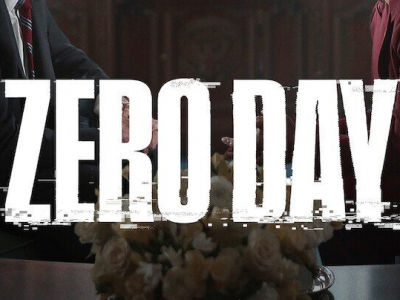Risk management is a critical component of any successful business strategy. Companies across various industries have faced challenges that have tested their ability to manage and mitigate risks. Here, we look at ten diverse brands that have experienced significant risks and the lessons that can be gleaned from their experiences.
- JPMorgan Chase – The Importance of Internal Controls
After the “London Whale” trading debacle in 2012, which resulted in $6.2 billion in losses, JPMorgan Chase reinforced the necessity of stringent internal controls and oversight over complex financial transactions, highlighting the need for robust risk assessment frameworks.
- Equifax – The Imperative of Cybersecurity Vigilance
The 2017 data breach of Equifax, which exposed the personal information of 147 million people, demonstrated the critical importance of cybersecurity vigilance and the need for up-to-date and thorough data protection measures.
- Boeing – Safety and Quality as Non-Negotiable
The Boeing 737 MAX crashes underscored the tragic consequences of lapses in safety and quality control. The lesson is clear: businesses must prioritize safety and quality, even above financial or competitive pressures.
- Facebook (Meta) – Managing Ethical and Privacy Concerns
Facebook’s various privacy scandals, including Cambridge Analytica’s misuse of user data, have shown that managing ethical considerations and privacy concerns is paramount for maintaining consumer trust and regulatory compliance.
- Johnson & Johnson – The Power of a Strong Brand Reputation
Johnson & Johnson’s handling of the Tylenol tampering crisis in the 1980s remains a textbook example of effective crisis management. Prompt and responsible action, guided by consumer safety concerns, can preserve, even enhance, brand reputation in the face of risk.
- Pfizer – Managing Operational Risk in Innovation
In developing and distributing the COVID-19 vaccine at unprecedented speed, Pfizer demonstrated managing operational risk through rigorous testing, transparent communication, and adaptive logistics, all while innovating under pressure.
- Starbucks – Social Responsibility and Brand Perception
The arrest of two black men in a Philadelphia Starbucks store in 2018 sparked a nationwide debate about racial bias. Starbucks’ response, including closing stores for racial bias training, highlighted the importance of social responsibility and proactive risk management in brand perception.
- Volkswagen – Reputation and Regulatory Compliance
The Volkswagen emissions scandal of 2015 revealed the long-term costs of deceptive practices and non-compliance with industry regulations. The lesson is that short-term gains are outweighed by long-term reputational damage and financial penalties.
- Kodak – Adapting to Market Changes
Kodak’s fall is often attributed to its slow response to the digital photography revolution. This case teaches the importance of adaptive risk management – recognizing market shifts and technological innovations and responding effectively to avoid obsolescence.
- Lululemon – Quality Control and Brand Management
Lululemon faced a significant setback in 2013 when it had to recall yoga pants for being too sheer. This incident shows that product quality is intrinsically linked to brand image, and maintaining high standards is a key risk management strategy.
The experiences of these ten brands across different industries illustrate fundamental principles of risk management. From maintaining internal controls to ensuring privacy and safety, from managing reputation to adapting to market changes – these lessons serve as valuable insights for businesses aiming to strengthen their risk management strategies. A proactive and integrated approach to risk management is essential for resilience and long-term success in the business world.
The Institute of Risk Management is the premier global body for ERM qualifications, offering a 5-level certification pathway to professionals in over 143 countries, including India, enhancing organizational outcomes through top-tier risk education and thought leaderships. Click here to View the IRM’s Level 1 Global ERM Examination.














